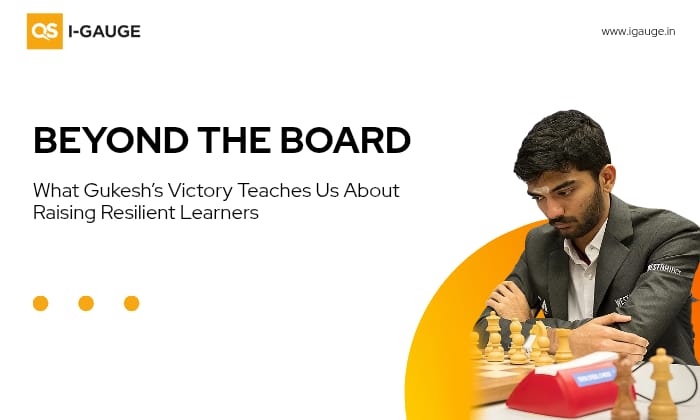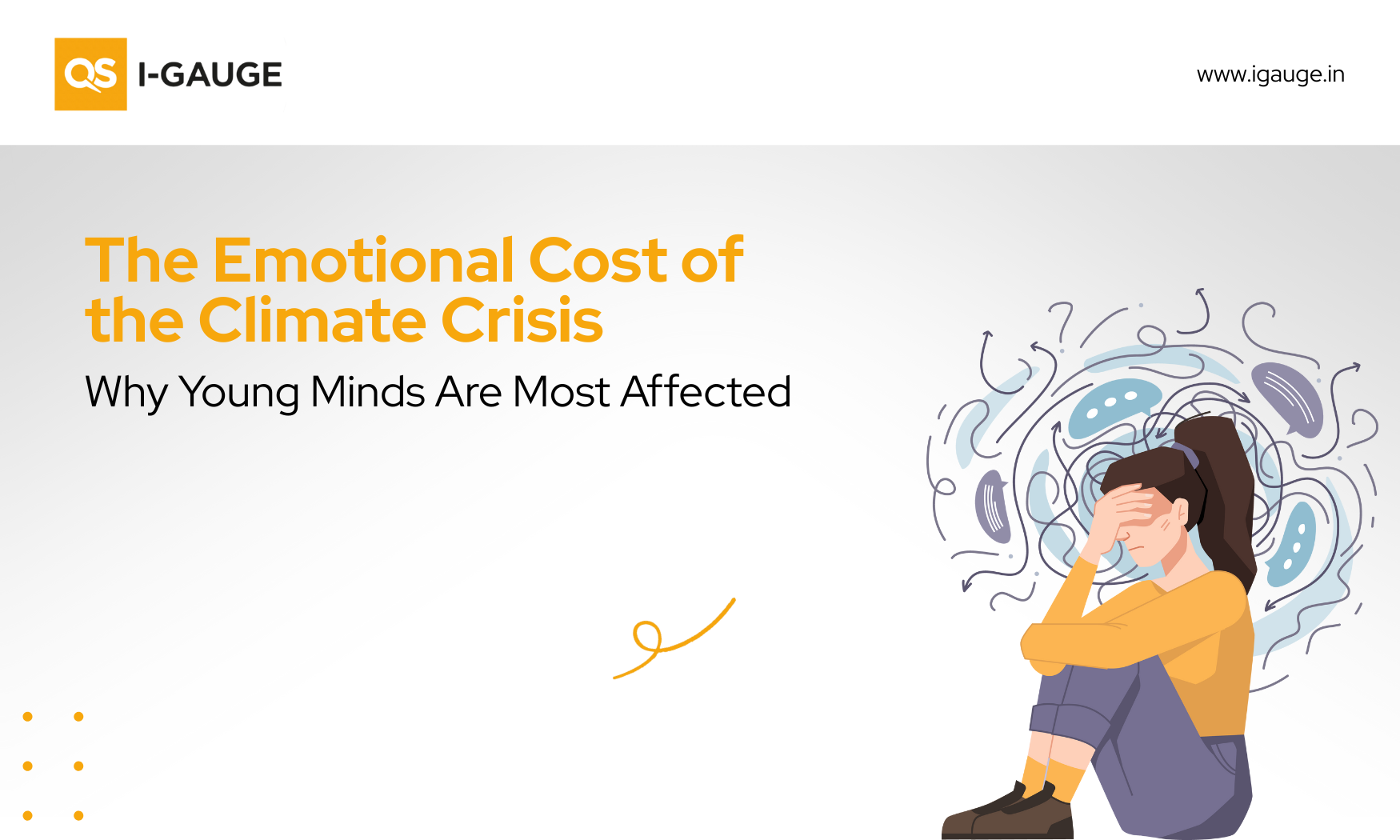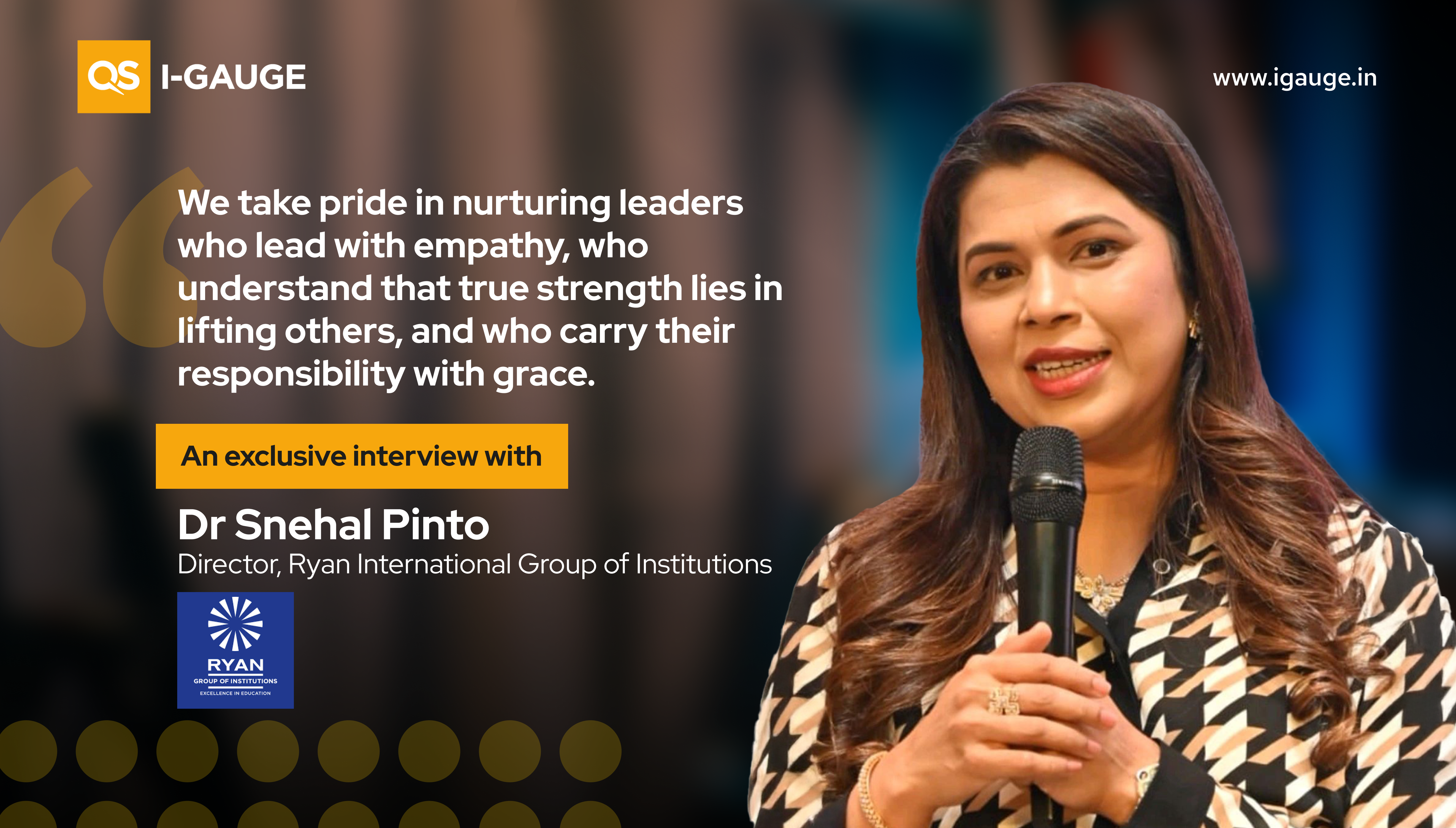
A quiet storm on the chessboard - A loud message for us all
When 19-year-old Gukesh Dommaraju defeated the legendary Magnus Carlsen—former World No. 1—in the sixth round of Norway Chess 2025, it sent ripples across the world. But beyond the headlines and applause, Gukesh’s win is packed with lessons for parents, educators, and institutions.
His victory wasn’t just about chess—it was about staying calm under pressure, learning from failure, and believing in yourself even when the odds are stacked against you. And that’s exactly the kind of mindset we need to build in the next generation of learners.
Turning pressure into power: What Gukesh did differently
Staying in the game—No matter what
Gukesh’s win was anything but easy. Carlsen held a dominant position for most of the match, with near-flawless moves. But Gukesh didn’t fold. He stayed in the game, searching for chances, no matter how slim.
His coach, Grandmaster Vishnu Prasanna, described it best:
“He was aware that he was dead lost for so long, yet he kept kicking... the more chances he had to actually do something with the position.”
This is resilience in its rawest form—the ability to keep showing up even when things aren’t going your way.
Chess as a classroom: A new way to teach thinking
Chess isn’t just a game. It’s a training ground for life.
It teaches students how to think ahead, make tough decisions, adapt when plans fail, and learn from every move—right or wrong. When integrated into education, chess can sharpen strategic thinking, improve patience, and build focus in ways textbooks alone never can.
Action point for schools: Encourage activities like chess that help students think, and go beyond memorising.
A setback isn’t the end—It’s a setup for a comeback
Losing with grace, Winning with grit
Gukesh had already lost to Carlsen earlier in the same tournament. He could have been shaken—but he wasn’t. He returned stronger, more composed, and more determined. And when he won, he humbly said:
“99 out of 100 times I would lose, but it was just a lucky day.”
But we know it wasn’t just luck. It was grit. It was growth.
This attitude—acknowledging setbacks without letting them define you—is what psychologists call a growth mindset. It’s the belief that abilities can be developed through dedication and learning.
For parents and educators: Celebrate effort and progress, not just perfection. Help children see that every loss is a lesson, not a label.
Inspiration knows no age
When young role models lead the way
At just 19, Gukesh became only the second Indian to ever defeat Carlsen in a classical game. He joins the ranks of young talents like Rameshbabu Praggnanandhaa, reminding us all that age is never a barrier to brilliance.
What this means for institutions: Invite young achievers to speak to students. Let them hear stories that sound like their own. Let them see what’s possible when talent meets tenacity.
From chess to classrooms: Lessons we can apply
Gukesh’s story is not just for sports fans—it’s a real-life case study in critical thinking, mental resilience, and emotional intelligence.
Just like pilots facing pressure in the cockpit, or doctors in emergency rooms, young people today need to learn how to stay calm, think clearly, and bounce back from setbacks. These aren’t just academic skills—they’re life skills.
A gentle wake-up call for educators and parents
Here’s what Gukesh’s win reminds us to do:
- Bring real stories into classrooms – Let students learn from real-life examples of resilience and strategy.
- Promote mental fitness through games like chess – Build patience, decision-making, and focus.
- Support emotional resilience – Make space for students to reflect, talk, and grow through their experiences.
- Celebrate role models across age and background – Representation inspires action.
Final thoughts:
Raising learners who don’t just excel—They endure
“Great education is more than marks. It’s about mindset.”
Gukesh’s win is a reminder that what matters most isn’t always visible on a scoreboard—it’s the ability to think clearly, keep going, and believe in your power to turn the game around.
Let’s raise learners who don’t fear challenges—but lean into them.
Let’s teach them that even when the board looks lost, the game isn’t over—until they decide it is.



